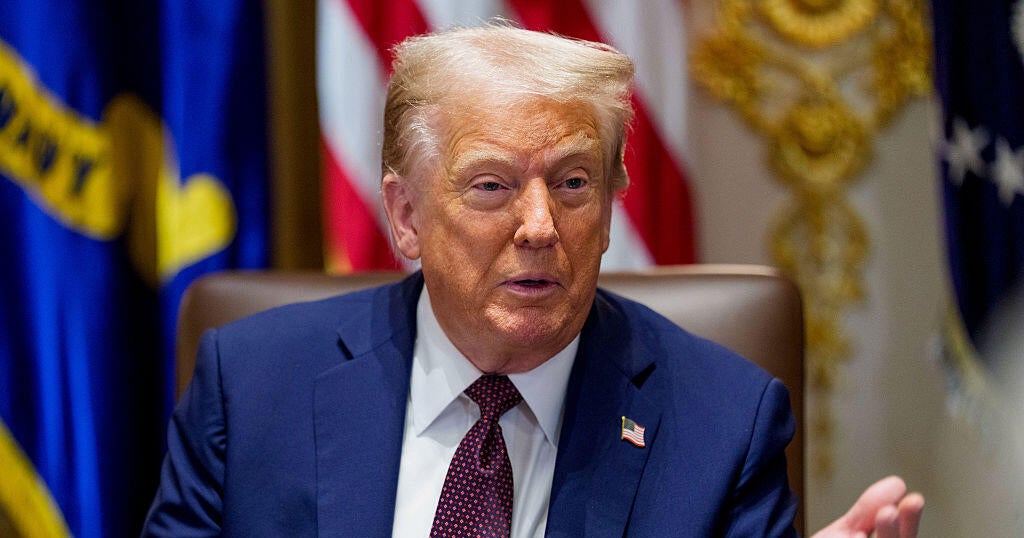Recently, President Trump has asserted that he is responsible for bringing an end to six or seven wars during his early time in office, claiming he merits the Nobel Peace Prize for his contributions. “I stopped seven wars, and they’re significant too,” he stated on Friday.
In an August 19 interview, he mentioned, “I’ve settled six wars, and a lot of people say seven because there’s one that nobody knows about.” A White House official shared a list of seven conflicts that the president is referring to, which includes Israel and Iran, Rwanda and the Democratic Republic of Congo, Armenia and Azerbaijan, Thailand and Cambodia, India and Pakistan, Egypt and Ethiopia, and Serbia and Kosovo.
Nobel Peace Prize Announcement
The announcement of the 2025 Nobel Peace Prize recipient is anticipated next month. Since the award was established by Alfred Nobel in the 19th century, over 100 individuals have received it for their efforts toward fraternity among nations, the reduction of standing armies, and for promoting peace congresses. Four U.S. presidents have been honored, with Barack Obama being the most recent laureate for his support of nuclear nonproliferation and diplomacy.
Expert Opinions on Trump’s Claims
Foreign policy analysts suggest that while Mr. Trump has facilitated ceasefires, including one between Israel and Iran, many of the conflicts he cites were not full-scale wars and remain unresolved. The White House has not clarified why all seven conflicts are classified as settled wars, leading to skepticism among experts.
Individual Conflicts Examined
Israel and Iran
Following Israel’s attack on Iran’s nuclear facilities in June, a brief conflict ensued, resulting in many casualties before a ceasefire was brokered with U.S. and Qatari involvement. Trump claimed responsibility, noting he had pressured Israel’s Prime Minister to restrain further attacks. Some analysts credit him for the ceasefire; however, tensions between the two nations persist.
Rwanda and Democratic Republic of Congo
A peace deal was announced in June between Rwanda and the Democratic Republic of Congo after U.S. and Qatari mediation. Although it aimed to end decades of conflict over mineral wealth, violence has continued, raising doubts about the deal’s effectiveness.
Armenia and Azerbaijan
In August, Trump facilitated negotiations to normalize relations between Armenia and Azerbaijan. While both leaders acknowledged his role, the agreement is not formalized yet, as it requires ratification. Continued disagreements highlight the fragile nature of this progress.
Thailand and Cambodia; India and Pakistan
Recent ceasefires were also reached between Thailand and Cambodia and between India and Pakistan, with claims of U.S. involvement in negotiating these resolutions. However, experts contend that these conflicts remain unresolved and that attributing peace solely to Trump’s actions may be an overstatement.
Egypt and Ethiopia; Serbia and Kosovo
Trump has asserted he contributed to tensions between Egypt and Ethiopia regarding a hydroelectric dam project, though no formal peace deals have been executed. Similarly, negotiations between Serbia and Kosovo to normalize economic relations have faltered, with ongoing discussions yielding little progress.



